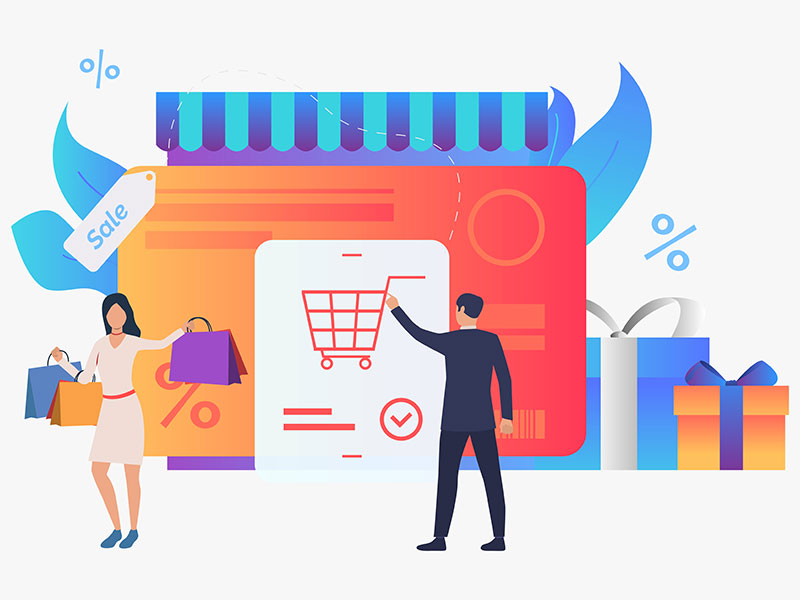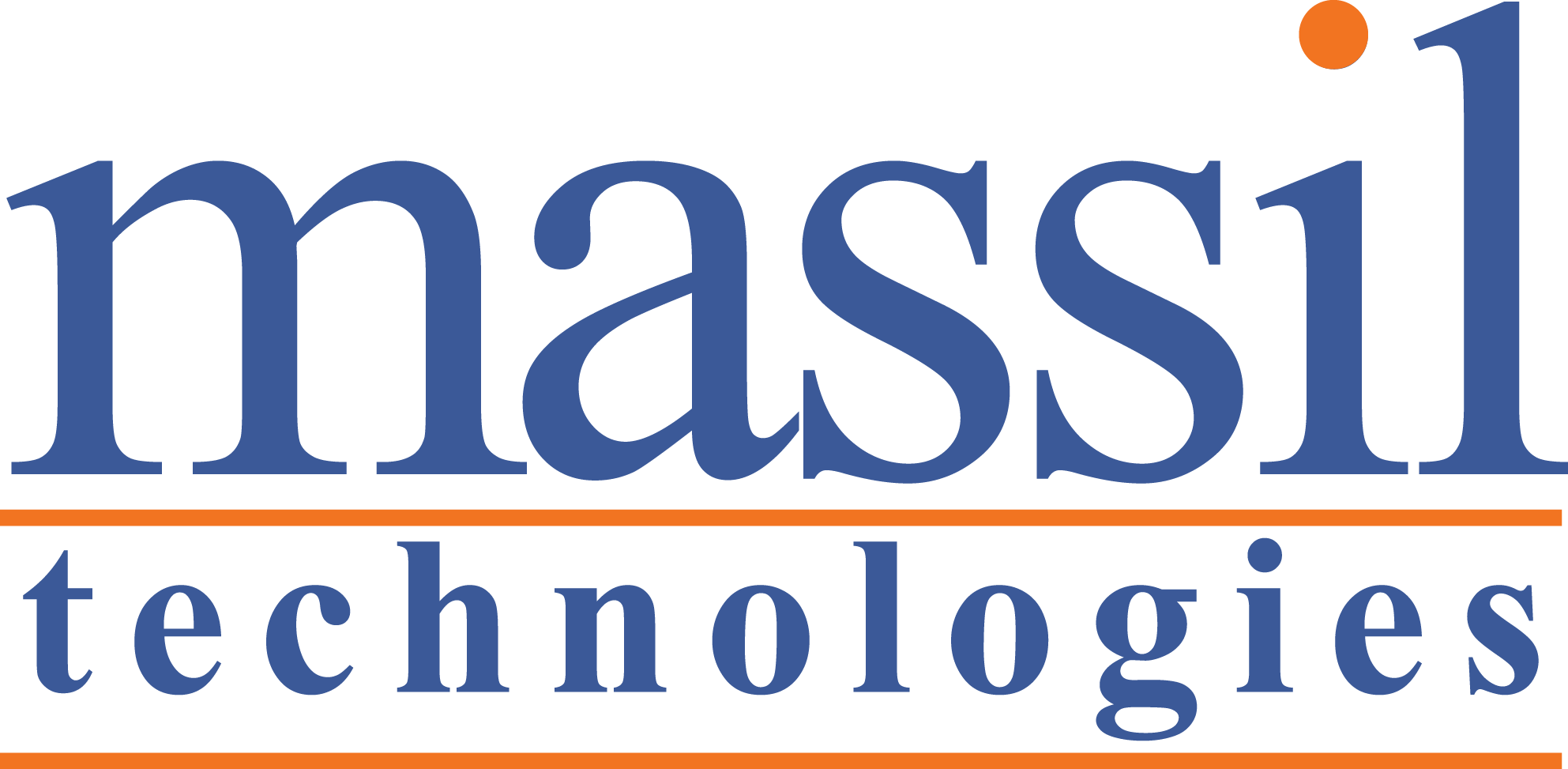
The retail industry has undergone a seismic shift in recent years, driven by rapid advancements in technology and changing consumer behaviors. To thrive in this dynamic landscape, retailers must be agile, efficient, and customer-centric. This is where IT system integration plays a pivotal role. In this blog, we’ll explore how IT system integration is transforming the retail industry.
Streamlining Operations
Efficiency is the backbone of any successful retail operation. IT system integration helps retailers streamline their internal processes, reducing manual work and errors. For instance, integrating point-of-sale (POS) systems with inventory management systems allows real-time tracking of stock levels. This means that when a product is sold, the inventory is automatically updated across all channels. As a result, retailers can optimize stock levels, reduce overstocking and understocking, and minimize the chances of disappointing customers.
Enhanced Customer Experience
The retail industry is increasingly focused on providing exceptional customer experiences. IT system integration enables retailers to create a unified view of the customer across multiple touchpoints, whether it’s in-store, online, or through mobile apps. When a customer shops online and then walks into a physical store, the staff can access their online purchase history and preferences. This personalization enhances the shopping experience, making customers feel valued and understood.
Omnichannel Retailing
Omnichannel retailing is the practice of seamlessly integrating various sales channels to provide a consistent and unified shopping experience. IT system integration is at the heart of this strategy. By connecting online and offline sales channels, retailers can offer services like “buy online, pick up in-store” (BOPIS) or “order in-store, ship to home.” These services are made possible by integrating e-commerce platforms with inventory, order management, and customer relationship management (CRM) systems.
Data-Driven Decision-Making
Data is a goldmine for retailers. It provides insights into customer behavior, sales trends, and operational efficiency. IT system integration allows retailers to gather, analyze, and act on this data effectively. For instance, integrating data analytics tools with POS systems can help retailers identify which products are selling well and when, enabling better inventory management and targeted marketing campaigns. Moreover, data integration enables retailers to track the success of marketing efforts across various channels, helping them allocate resources more efficiently.
Inventory Management and Supply Chain Optimization
In the retail industry, managing inventory and the supply chain is a complex task. IT system integration can make it significantly more manageable. Integration between inventory systems and suppliers’ systems enables automatic reordering when stock levels reach a certain threshold. This not only reduces the chances of running out of stock but also minimizes excess inventory, freeing up capital. Additionally, integration with logistics and transportation management systems helps retailers optimize their supply chain, reducing costs and delivery times.
Improved Employee Productivity
IT system integration also benefits retail employees. Integrated systems can automate many routine tasks, allowing employees to focus on more value-added activities like assisting customers and making informed decisions. For instance, an integrated employee scheduling and time-tracking system can help managers create efficient schedules and reduce administrative work.
Fraud Prevention and Security
Retailers handle sensitive customer data, making security a top priority. IT system integration allows for centralized security measures. By integrating all systems within a secure network, retailers can better protect customer information, detect fraud more effectively, and respond quickly to security breaches.
Scalability
As retail businesses grow, their IT needs expand. IT system integration provides the scalability required to accommodate this growth. Whether it’s adding new stores, expanding online operations, or incorporating new technologies like IoT devices, integrated systems can adapt to meet evolving business requirements.
In conclusion, IT system integration is a game-changer for the retail industry. It enhances efficiency, improves the customer experience, enables omnichannel retailing, and empowers data-driven decision-making. It also streamlines inventory management, optimizes the supply chain, and enhances security.
With these benefits, retailers can not only survive but thrive in the ever-evolving retail landscape. As technology continues to advance, those who embrace IT system integration will have a competitive edge, providing better experiences for their customers and greater operational efficiency for their businesses. We at Massil, can help you get started with your IT System Integration. For more information, please visit www.massiltechnologies.com
